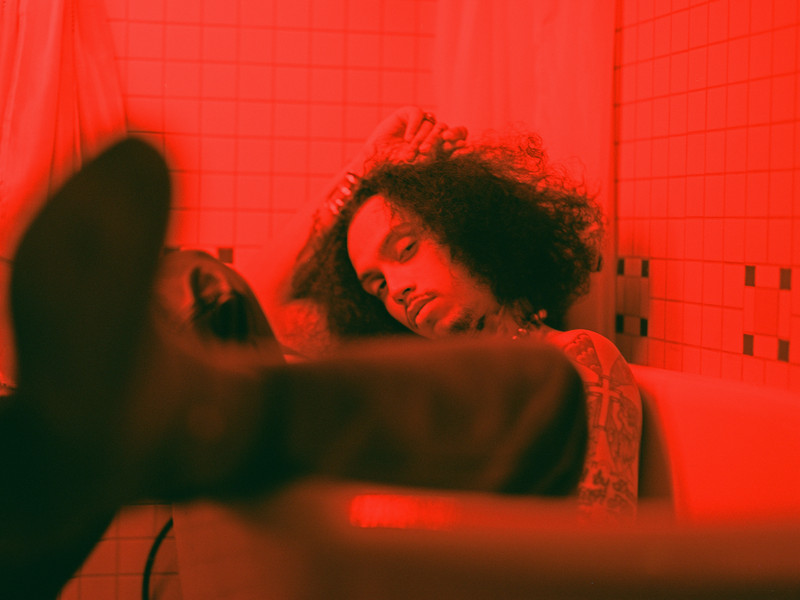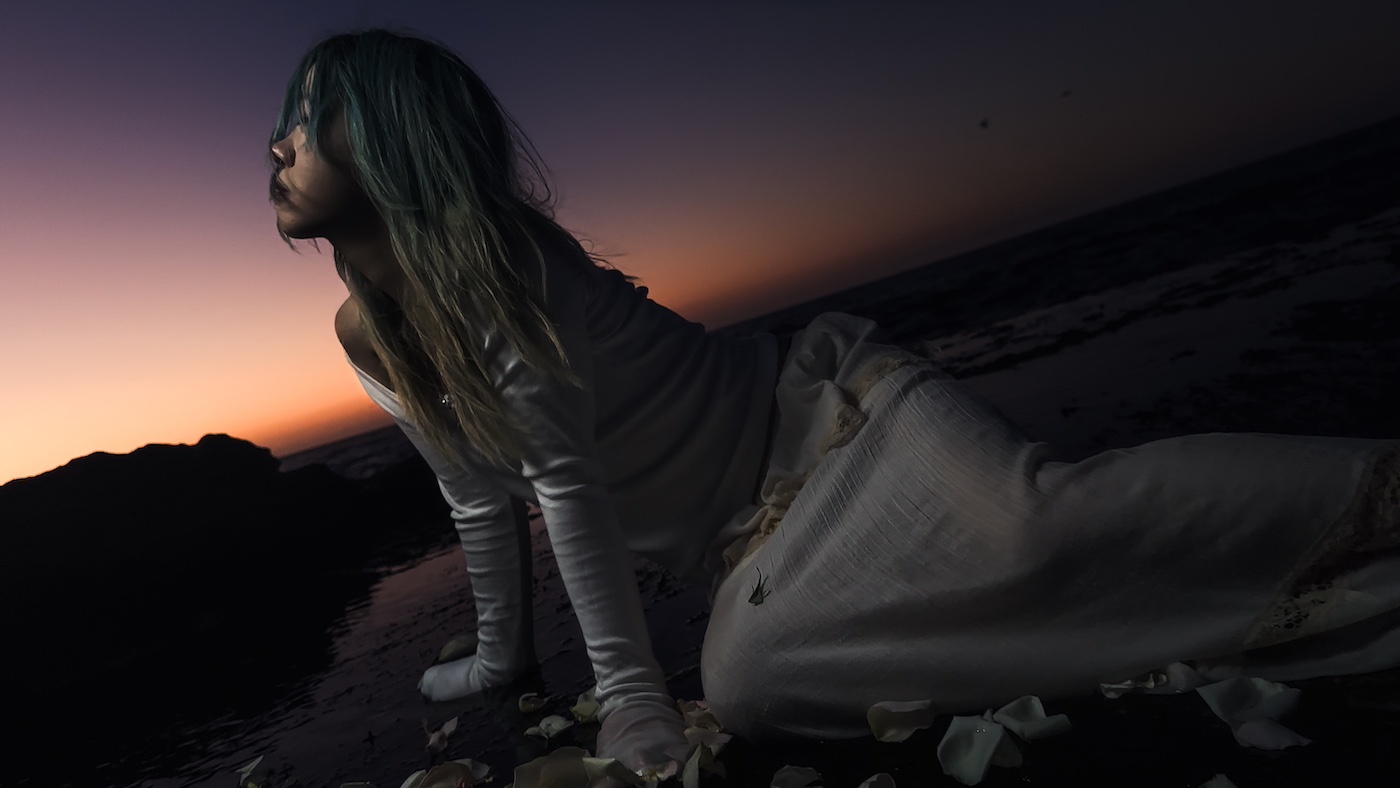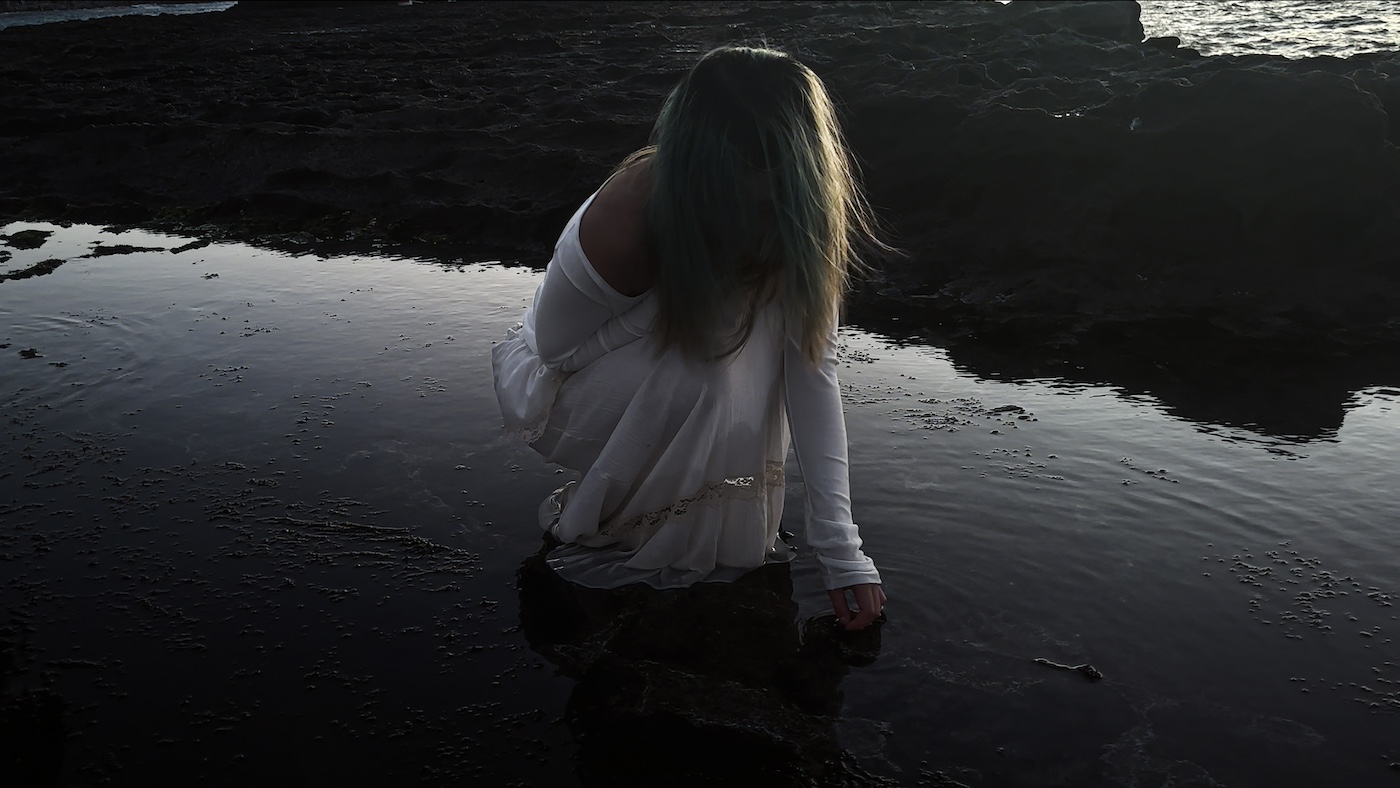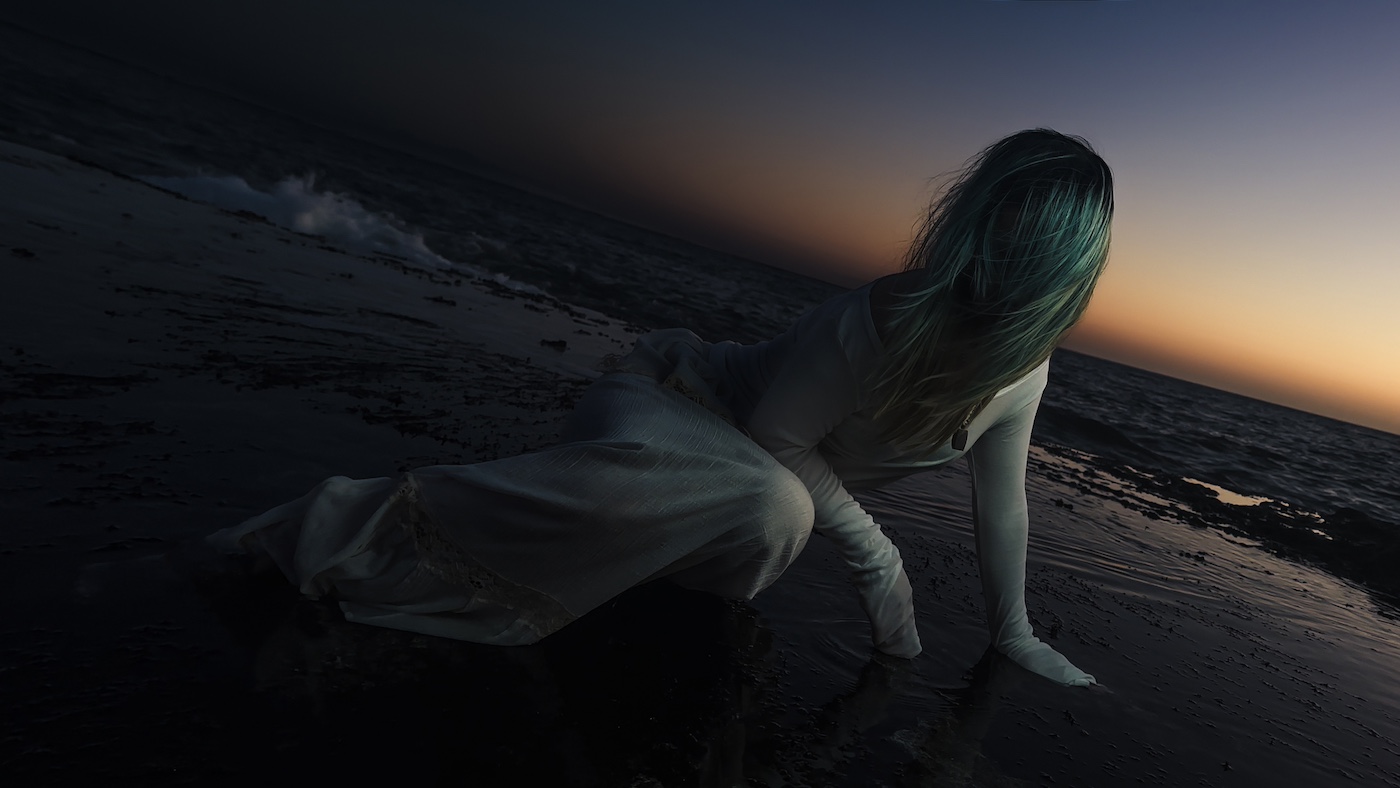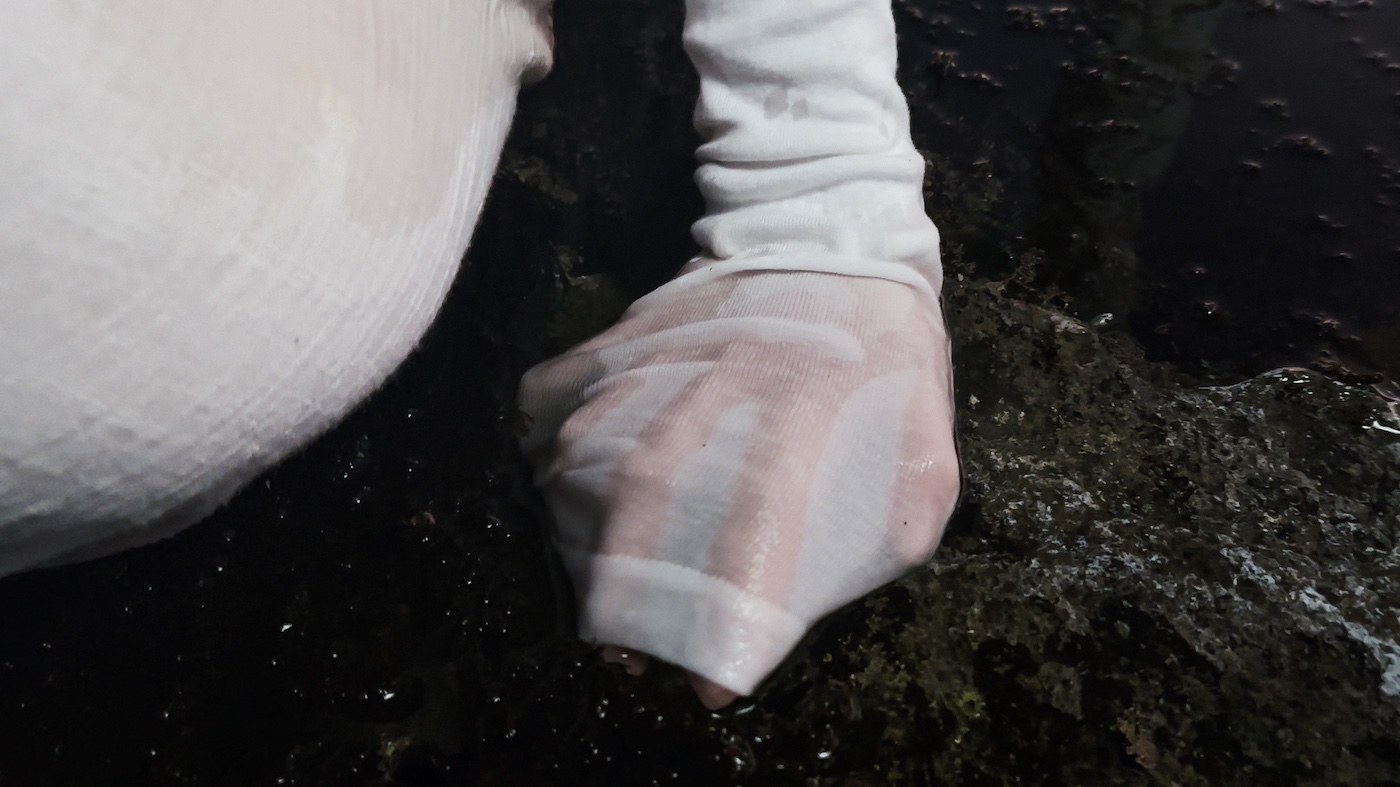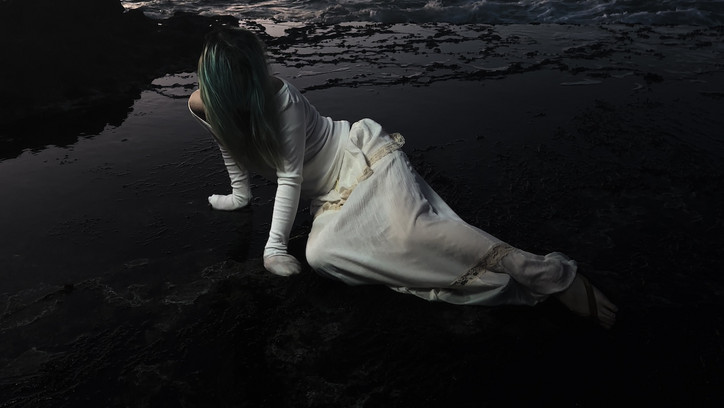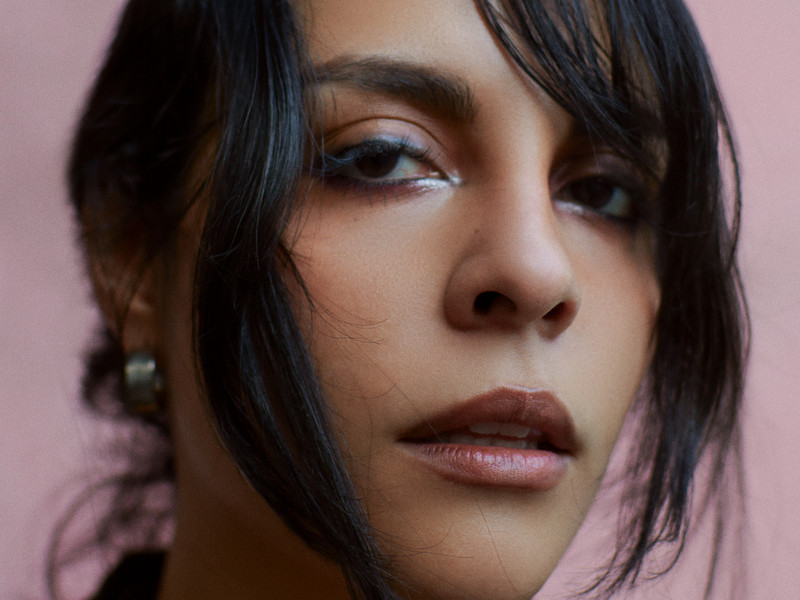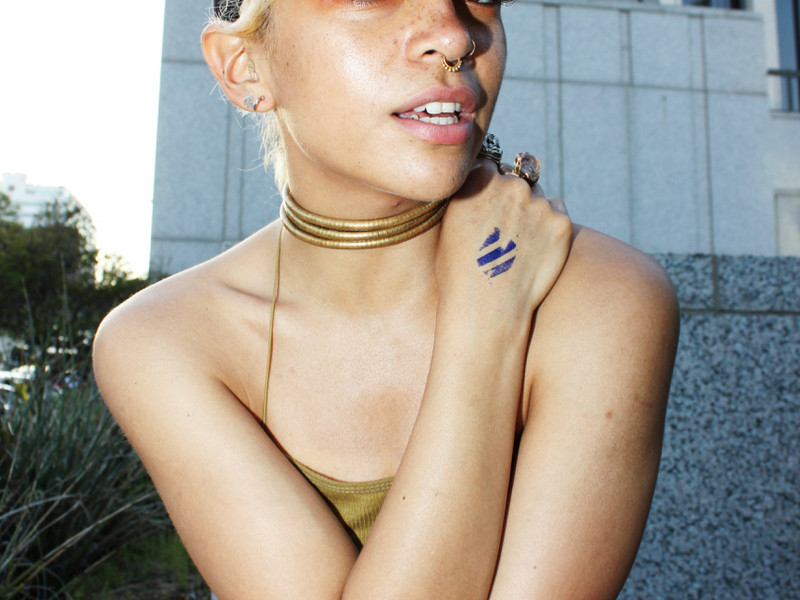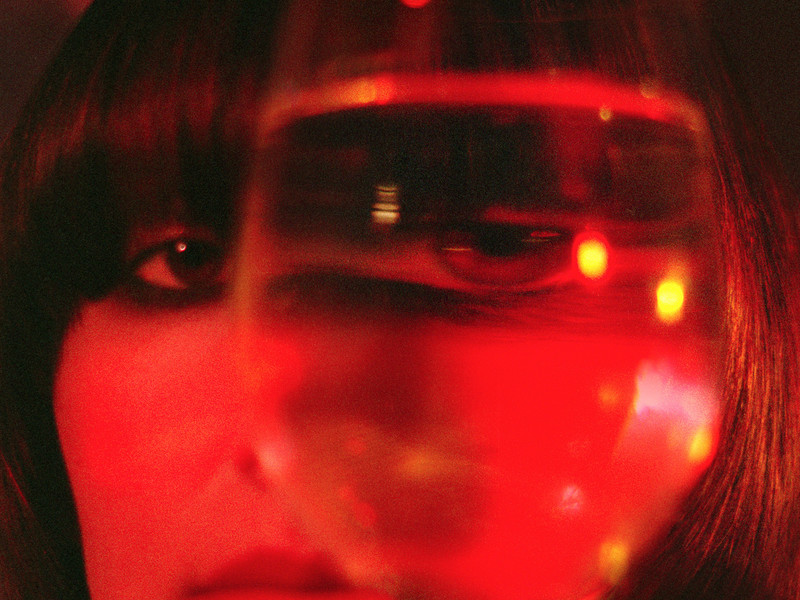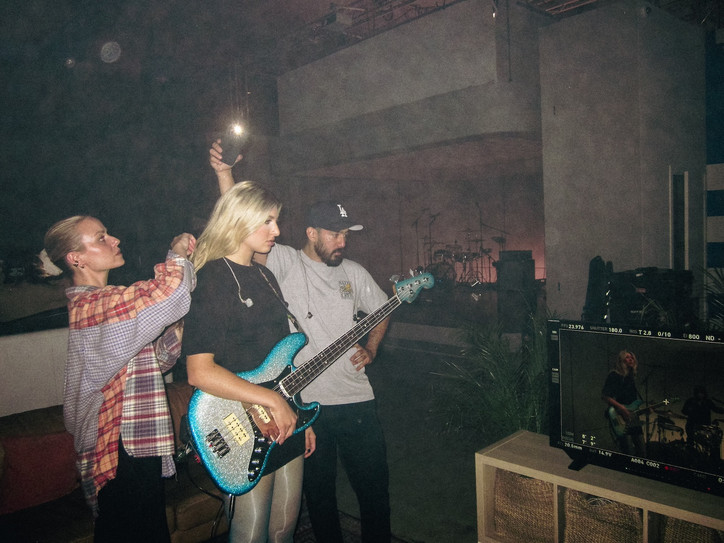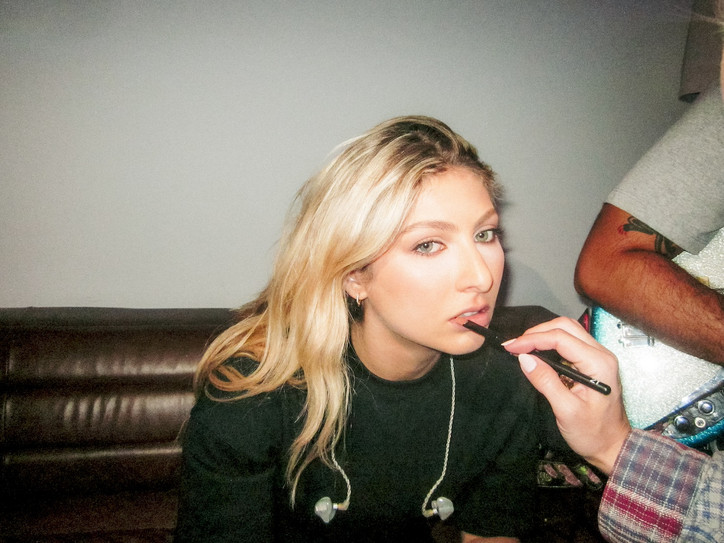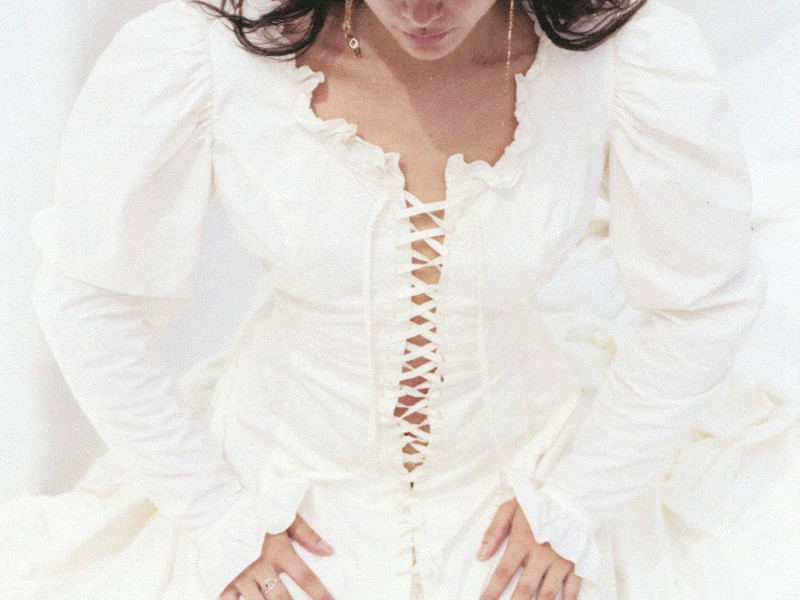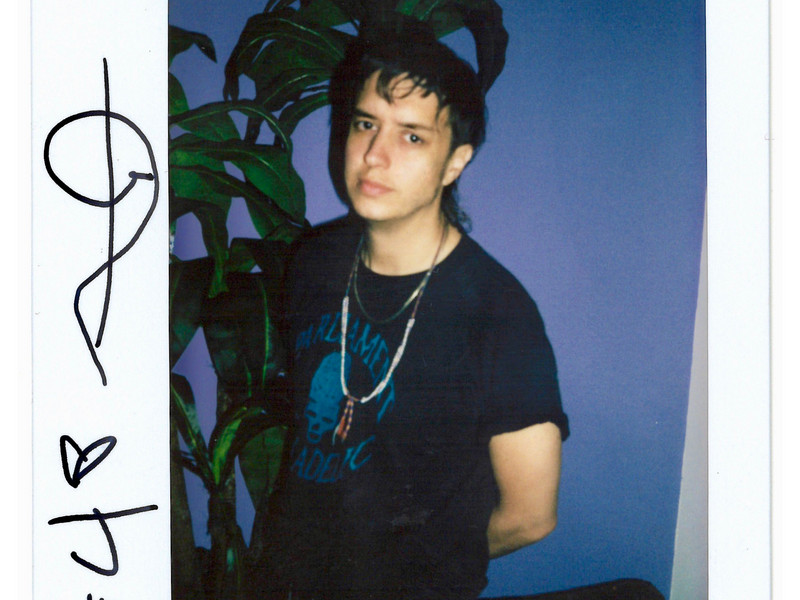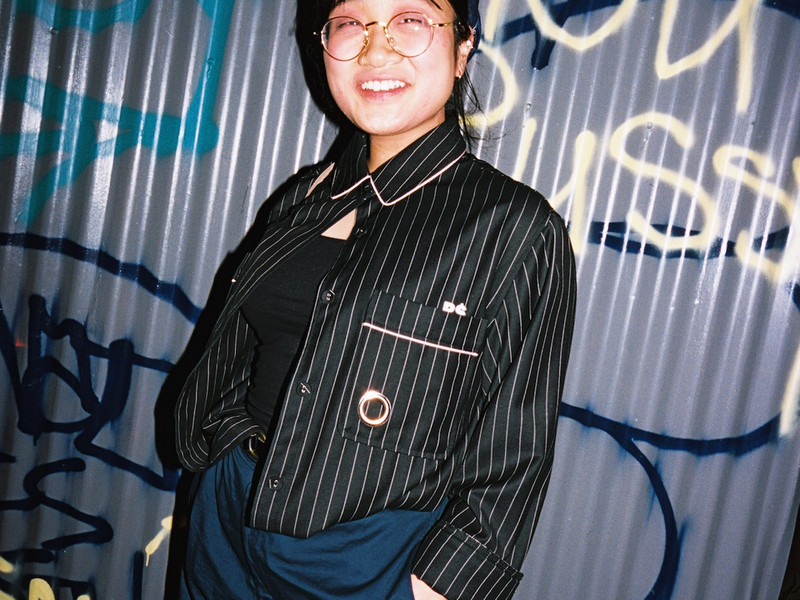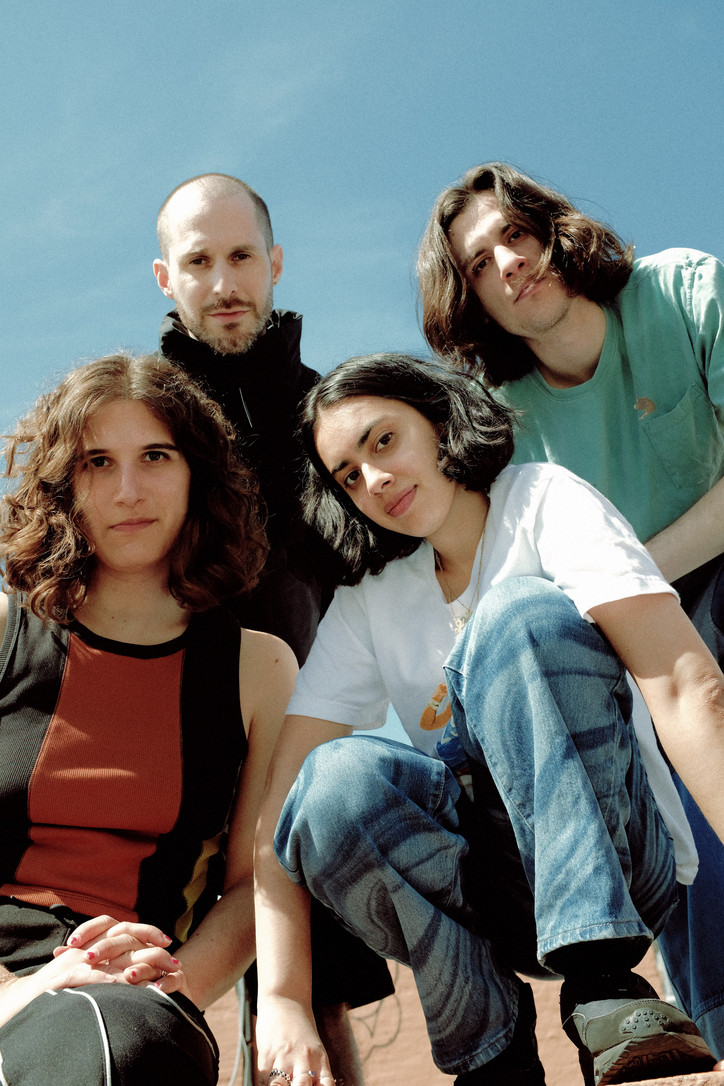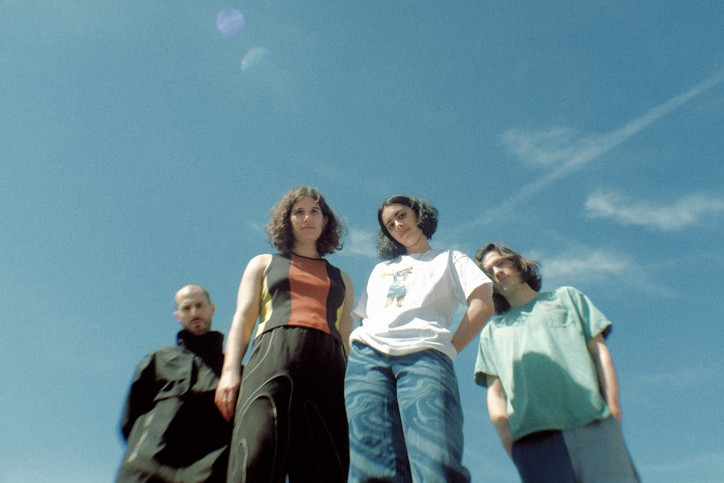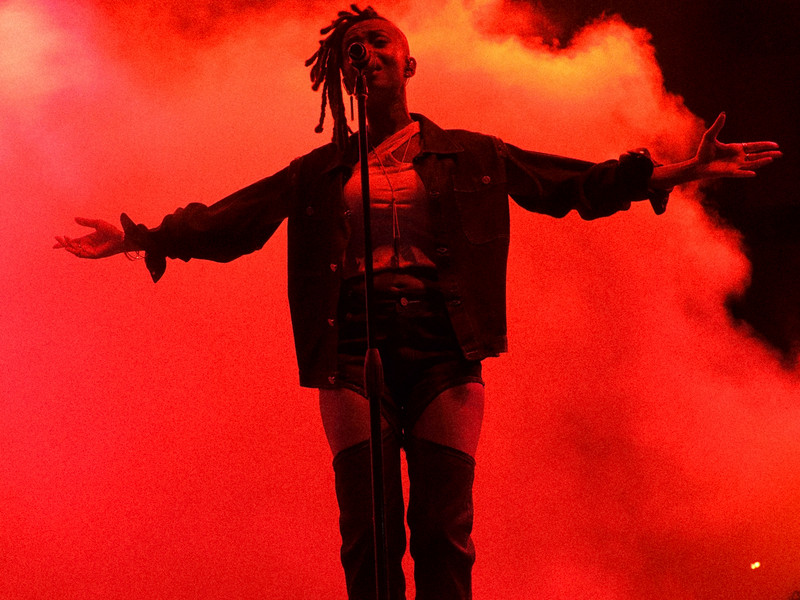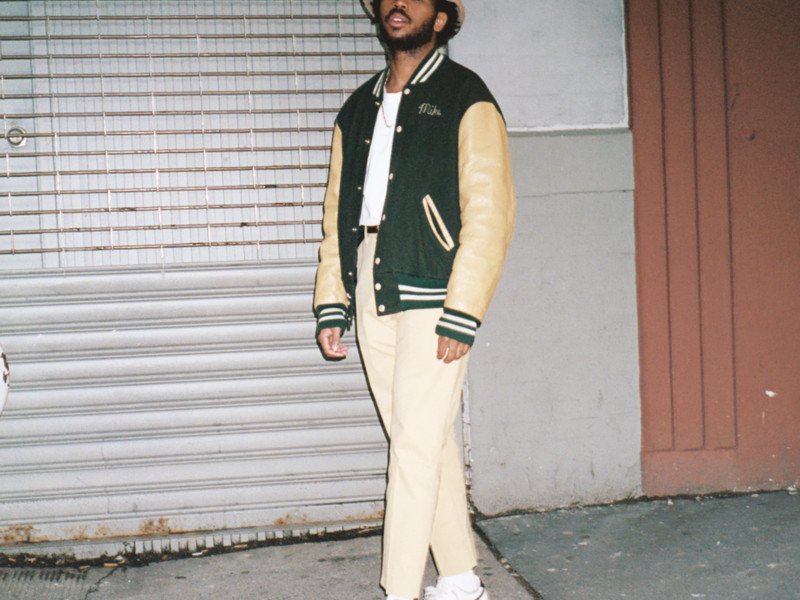Andrew Makadsi's Cultivated Fortune
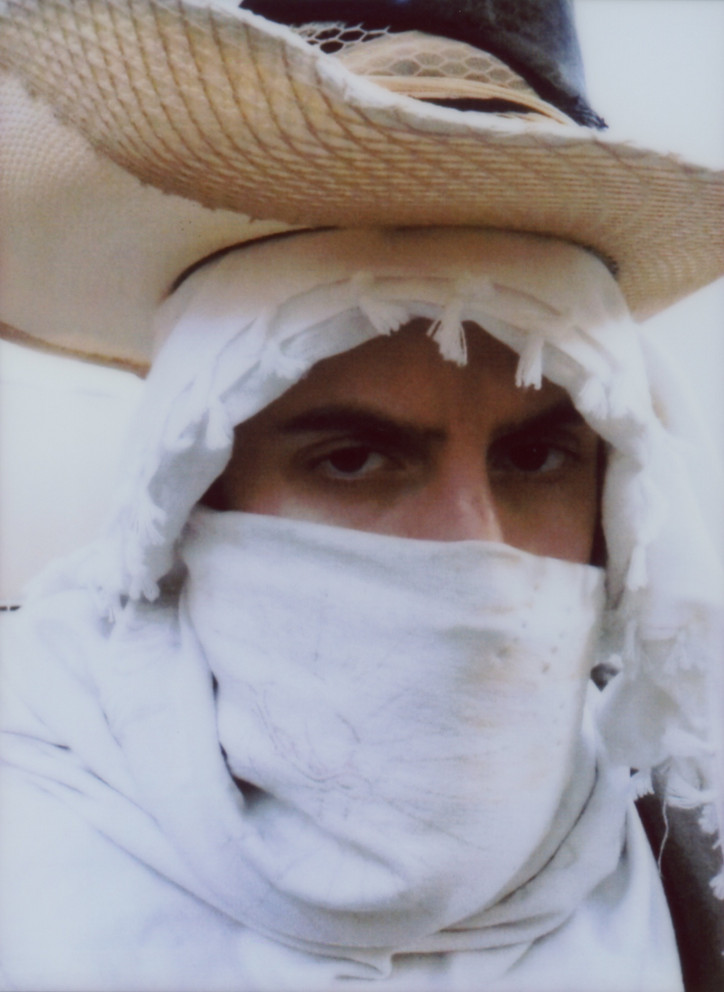
ANDREW wears COWBOY HAT by STETSON, JACKET by CRISIS EVOLVED, TOP by ENTIRE STUDIOS, PANTS by RAGA MALIK, BOOTS by RICK OWENS
Born and raised in Zahle, Lebanon, Makadsi immigrated to the United States with his family when he was 19 years old and has lived in New York for well over a decade. Though he’s fiercely loyal to the city, he says he has been enjoying the slower pace of Los Angeles, using the extra time to work on producing his own music.
“I’m going to play some original tracks tonight that I produced that I’m really excited about,” he says, a slight smile peeking through his beard. But Makadsi has no plans to release anything at the moment: “If you want to hear it, you’ll have to come to my set.” When we arrive at Paragon, there is already a line of people spilling down the sidewalk. A cursory scan of the crowd reveals the typical Myrtle-Broadway ilk of the 2020s: racially diverse and visibly queer 20-somethings, more than a few steadily puffing away with cigarette in hand, all of them suited up in their Saturday night finest and ready to dance.
Makadsi has an hour to kill before his set, so we head to the “greenroom,” a repurposed room in the back of the venue that, evidently, was once a commercial kitchen. I lean against a deep fryer as Makadsi tells me about his early life in Lebanon. He and his family left the country due to the escalating violence of military conflict, but the memories of his adolescence that Makadsi shares are far from macabre.
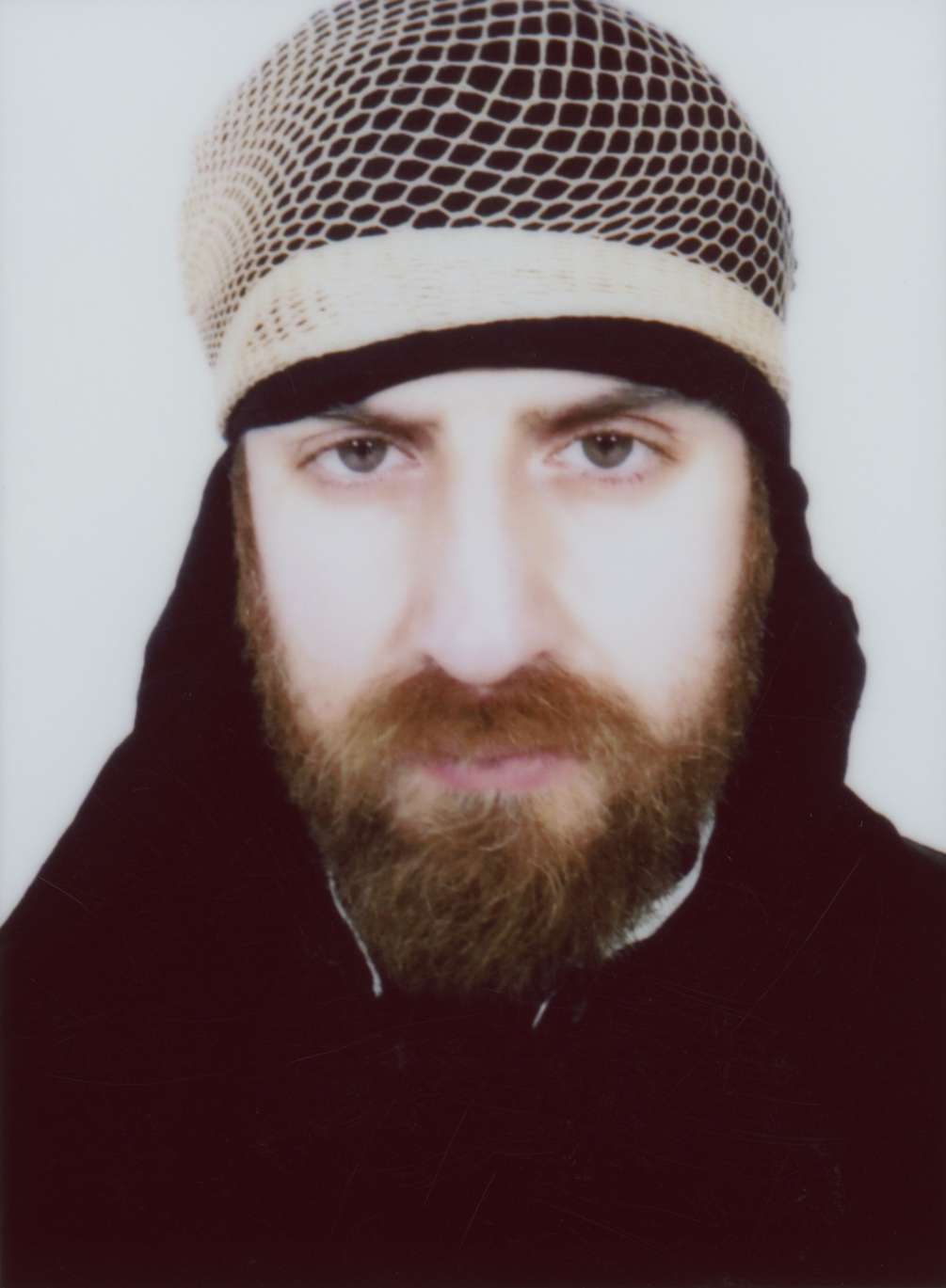
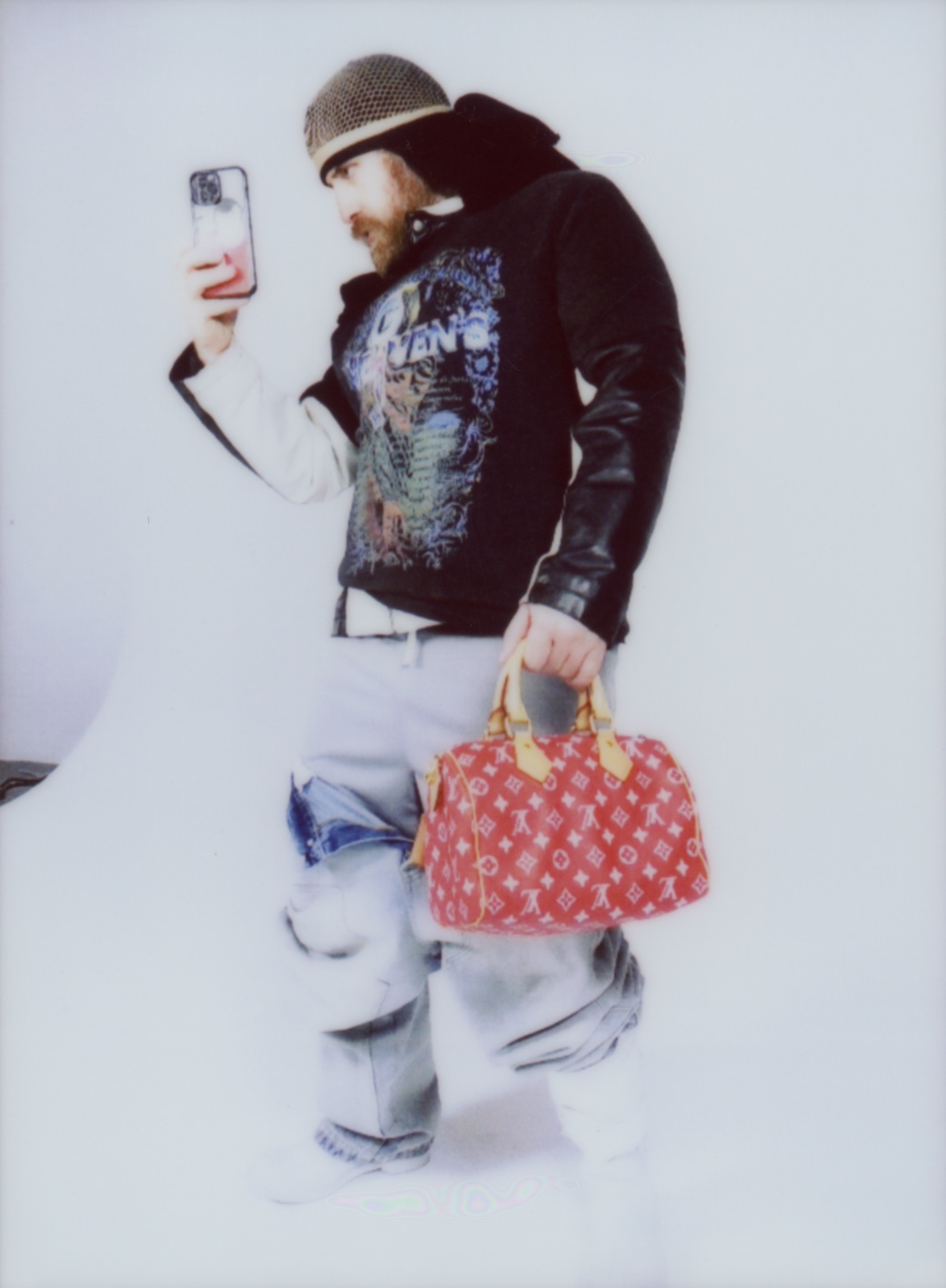
ANDREW wears TOP by BARRAGAN, SHORTS by PRO CLUB, PANTS by PAURA, BOOTS, BAG by LOUIS VUITTON, JACKET and BOOTS are STYLIST’S OWN
“Growing up in Lebanon, we were such party animals,” he reminisces. “We love life. We’ve been through a lot, socially, politically, economically, and we've been through wars. We have that stamina and mentality, that nothing is gonna come between me and my good time. It showed me how raving and activism can go hand in hand.”
He expresses his belief in the power and importance of revelry as a salve for anguish, a salve that is needed in this present moment more than ever. “I think our healing is going to take years,” he says somberly, citing the COVID-19 pandemic, the rising cost of living, recent political upheavals, and our overexposure to news and information among the factors contributing to cultural malaise and a collective feeling of despair. “It’s like we’re in a blender trying to figure out what the fuck is going on. People really need a space where they feel safe and away from the chaos of the world.”
But for Makadsi, the dance floor is not apolitical, and safety is not necessarily synonymous with complete escapism. Early in his set, he plays a mix of “Dammi Falastini” (دمي فلسطيني), a song by Mohammad Assaf that has become a protest anthem of the Palestinian resistance. The lyrics triumphantly repeat “my blood is Palestinian, Palestinian, Palestinian” in Arabic, asserting Assaf’s love for his people and his willingness to sacrifice for his homeland. In May of 2023, the song was temporarily removed from streaming services in what many pro-Palestinian activists condemned as yet another instance of censorship against Palestinian voices.
Makadsi has been vocal on social media about his support for a free Palestine for years. A quick scroll through his current Twitter feed shows a long stream of reposted news and content documenting and condemning the latest rounds of atrocities committed in Gaza since October of 2023 — a “textbook case of genocide,” as described by former top United Nations official Craig Mokhiber and numerous other human rights experts and authorities.
The issue quite literally strikes close to home: around half a million Palestinian refugees are estimated to live in Lebanon, which shares a border with historic Palestine. “It truly hurts to see innocent lives being slaughtered, but it’s also nothing new,” he tells me when we finish our interview a week later over Zoom. “I’ve seen it since I was a kid. I have Palestinian family members. Even my last name is related to Palestine.” Makadsi is a Westernization of the Arabic maqdisi (مقادسي), which translates to “Jerusalemite.”

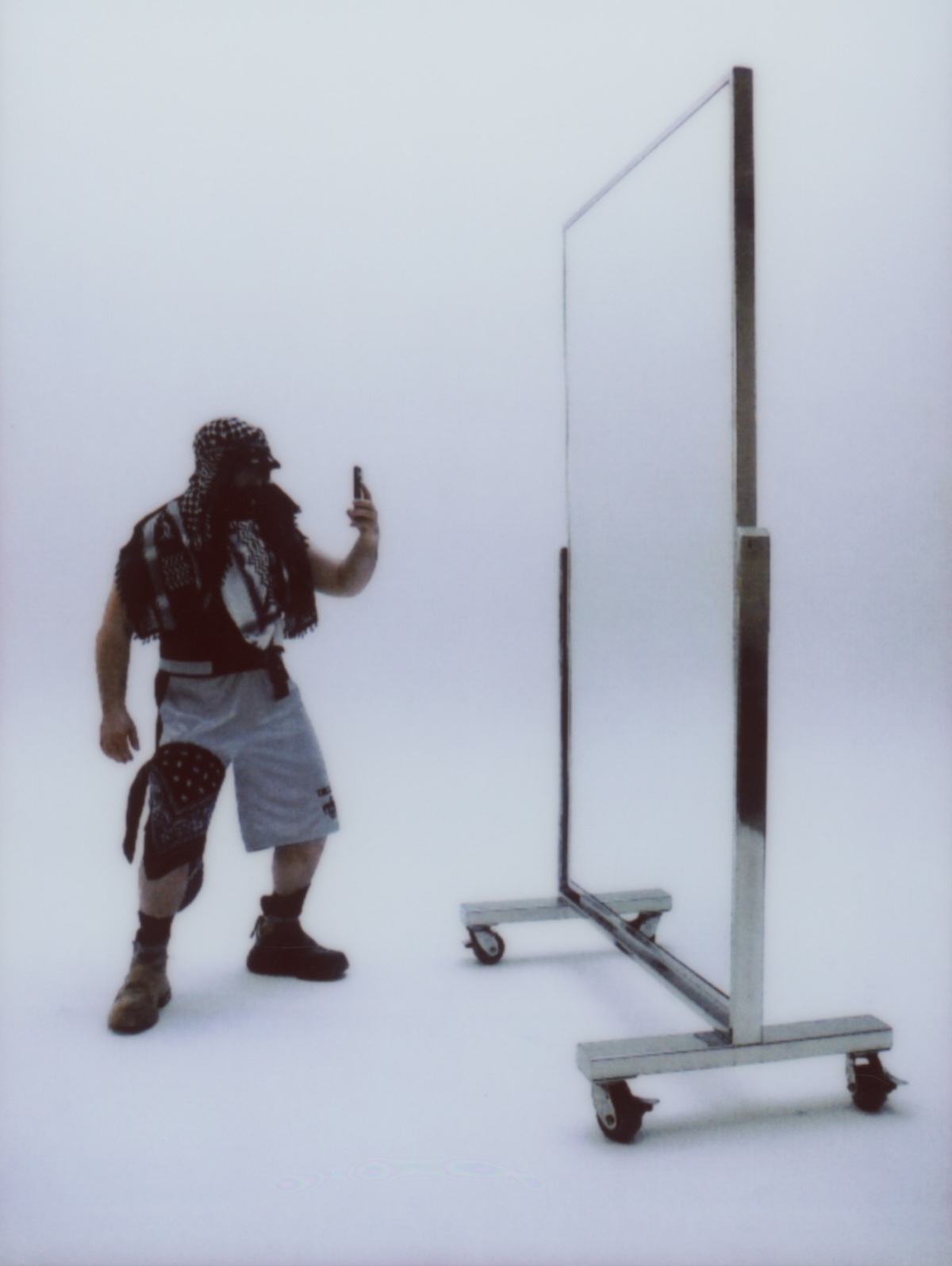
ANDREW wears TANK by RAGA MALIK, SHORTS by RAGA MALIK, BOOTS by RICK OWENS, KEFFIYEH and BANDANA are STYLIST’S OWN
The keffiyeh, a black and white patterned head scarf like the ones shown photographed on Makadsi for this story, is widely known as an emblem of Palestinian resistance and is often worn in the West as an expression of solidarity with the Palestinian people. But before it became a Palestinian political symbol in the 1930s, the keffiyeh was worn by nomadic communities known as the Bedouins, who migrated pastorally and herded camels, goats, and cattle throughout the Levant region and the Arabian peninsula. Inspired by his memories of seeing his father and other Lebanese men wear keffiyehs and cowboy hats to go hunting, Makadsi collaborated with stylist Eddie Lopez Bautista to reconstruct the image of the Bedouin cowboy. The keffiyeh is still familiar and commonplace in Lebanon, and the history of the symbolic garment is intertwined with Makadsi’s heritage.
Including “Dammi Falastini” in his set is Makadsi’s way of channeling the collective energy of the room into a unified will. “Music is such a unique language,” he explains. “Even if you hear a song and you don't understand the lyrics, you can still feel the essence and the spirit of it. I cannot help but react to the world in my art. It’s human instinct. I believe art in general can make an impact on people, but music is so easy because people consume it pretty much daily. You can paint the world you want to see and live in. To be able to deliver these messages and still have people dance — it’s ceremonial. As a group, our vibration is heightened, and we can make even more noise and deliver that energy to a further space.”
For Makadsi, the energy of the people on the dance floor exists in a symbiotic relationship as he plays a set. “I'm very privileged to be interactive with the New York dance floor,” he says. “Its energy is very specific and receiving. I love this scene, what it represents and stands for, and how people show up for each other.” That’s why, despite his breakneck schedule, Makadsi still finds time to go out dancing — “a lot, to be honest” — even on nights when he isn’t playing a set himself. Hearing the wide array of influences and sonic evolutions in the sets of his peers inspires him and keeps his ears sharp. “And it keeps me in touch with my community,” Makadsi says. “Unfortunately in New York and a lot of big American cities, it’s getting more and more expensive and difficult to live. But a lot of the youth still find a way to make it happen and bloom in the city. It’s very inspiring to see how resilient people are. And it's a privilege that sometimes I forget how hard it is, because luckily my parents lived 45 minutes away. I didn’t just drop like a parachute and land in New York.”
Read the rest of this story in Issue 21.
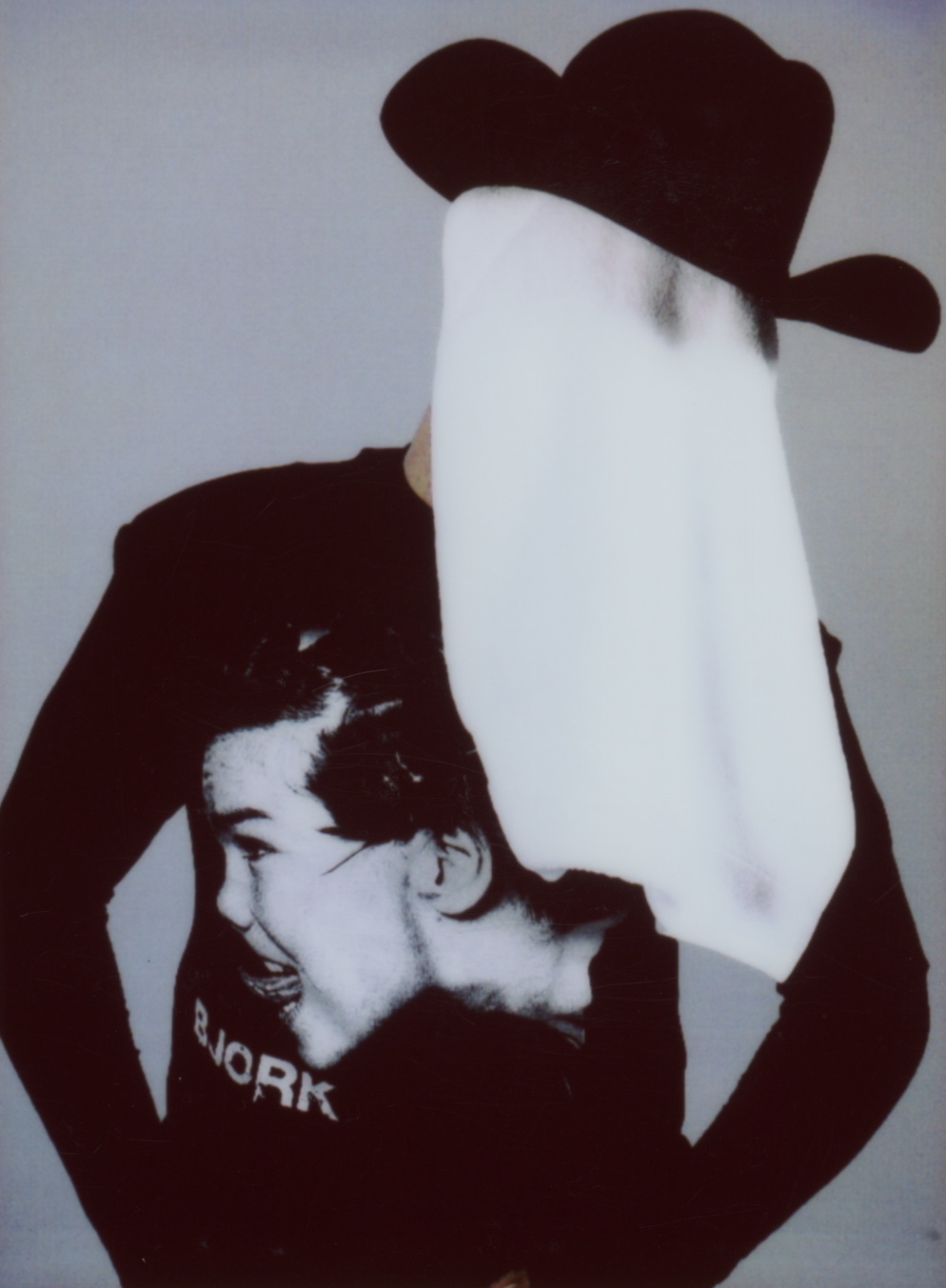
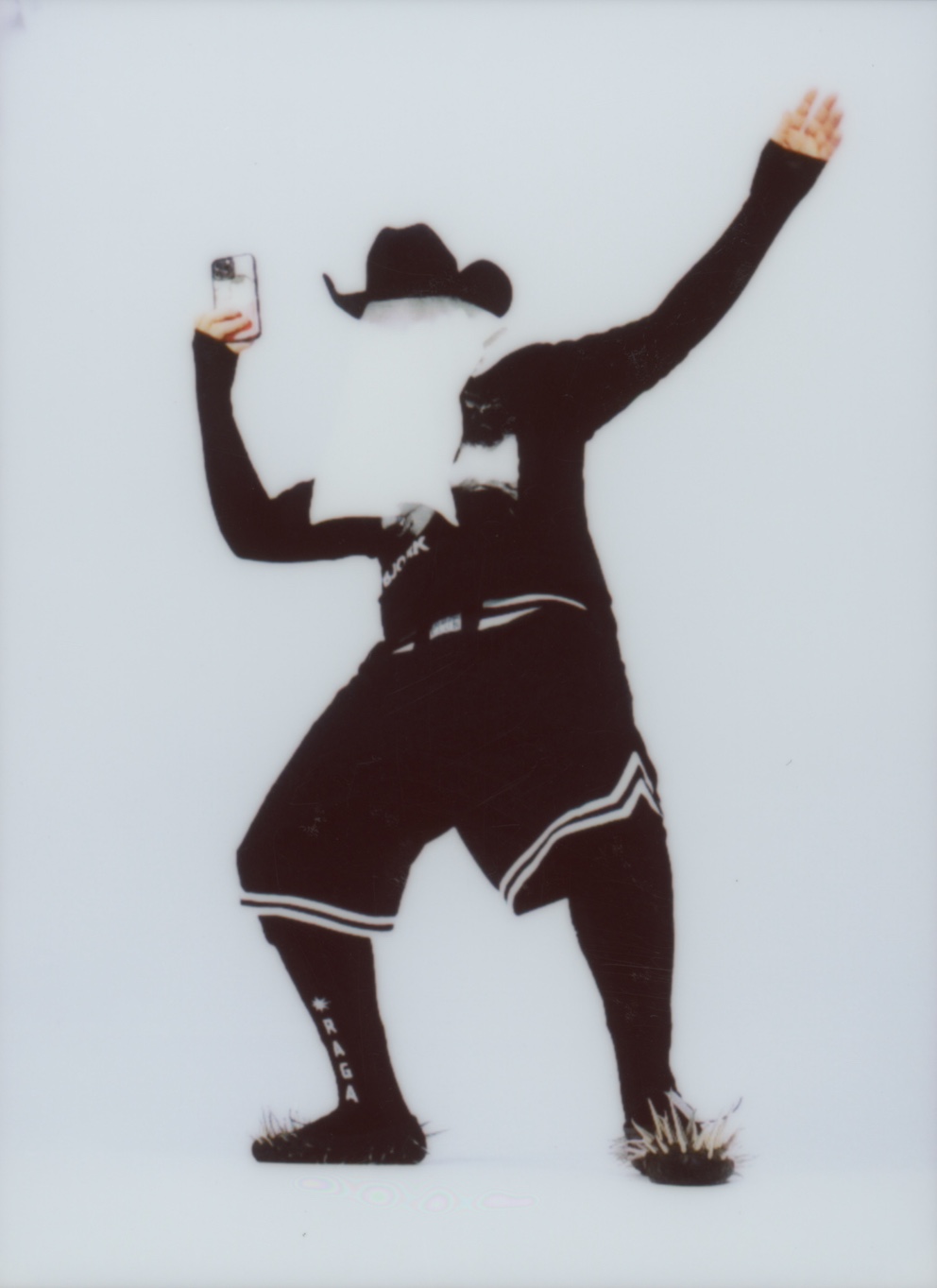
ANDREW wears TOP by FFF, SHORTS by PRO CLUB, SOCKS by RAGA MALIK, CUSTOM SHOES by ASLAN, COWBOY HAT is VINTAGE


